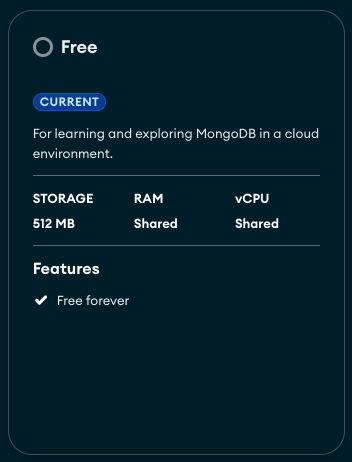Getting started
This guide will help you to: build, run and observe budget-tracker-api locally for development purposes.
Requisites
- Operational System
- Linux
- Unix (MacOS)
- Windows
- Binaries and requisites needed
- Docker Desktop / Rancher Desktop
-
dockeranddocker-composebinaries - make (for
Makefileusage) - git
- curl (for local testing)
- Python 3.x
- Golang 1.25+
- staticcheck
- shellcheck
- Kubernetes local requisites
-
kind -
kubectl -
kubectx -
helmv3+ -
helm-unittest -
helm-docs
-
- External requisites
- Github setup - for Github actions usage
- Mongo's External requisites
- MongoDB Atlas database - (Optional)
-
mongosh(Optional) - MongoDB Compass
Fetching the code
First things first, ensure you have the latest code-base fetched:
# Feel free to use SSH instead of HTTPS
git clone https://github.com/vsantos/budget-tracker-api-v2
This command will create a local directory called budget-tracker-api-v2 with the source code within.
Setting up an external MongoDB (Optional)
If you don't want to run a local MongoDB instance, you can use Atlas' one since they offer a free-tier. You will endup having a mongodb instance along with credentials, make sure you are able to access before you pointing the app to it.
You can achieve this goal by either running MongoDB Compass or MongoDB CLI mongosh.
